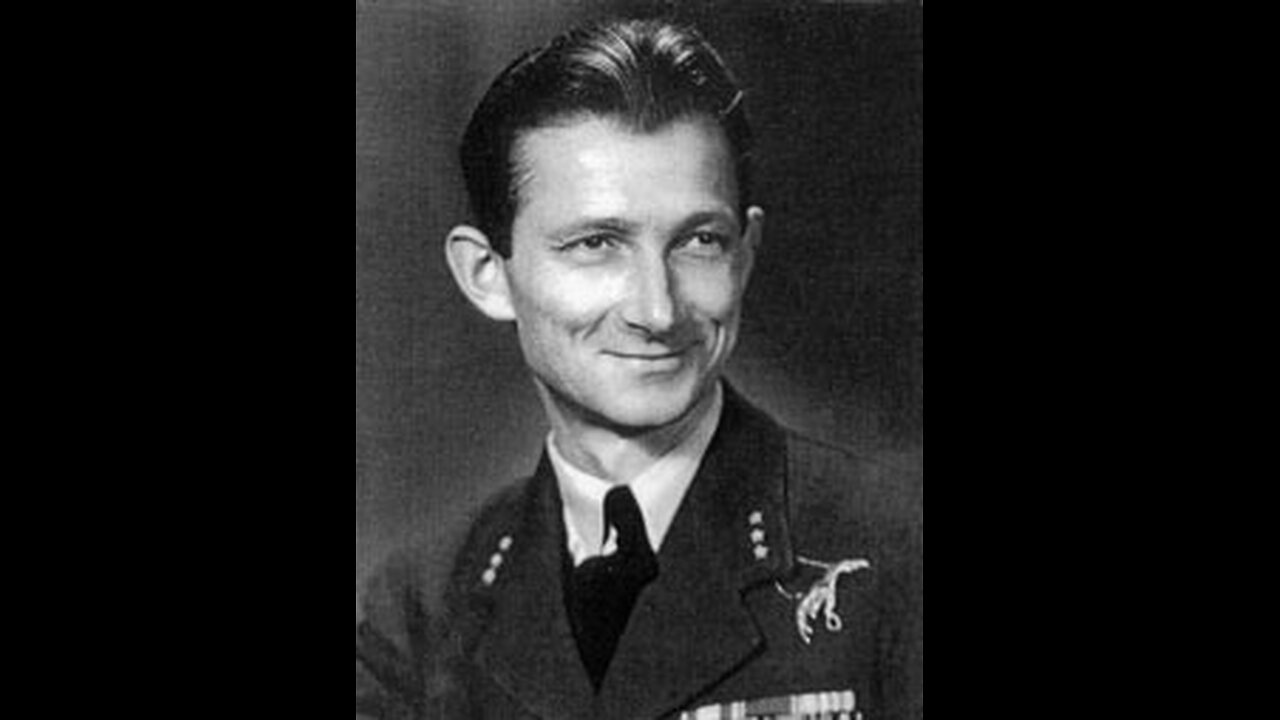Premium Only Content

Polish Genius : TADEUSZ LEOPOLD CIASTULA
1909 — 1979 mechanical engineer, test pilot, air force captain, helicopter constructor / He was born in Kazimierz Dolny. He graduated from the Faculty of Mechanical Engineering at Warsaw Technical University with a degree in mechanical engineering, specialising in aviation. During this period, he was a success at gliding. Between 1936-39, he worked at ITL in Warsaw as a test pilot. When war broke out, he was evacuated to Romania and then to France, where he served at the Observer and Gunnery School in Bordeaux. After the fall of France, he evacuated to the UK, where in 1941 he was appointed to the Department of Applied Aerodynamics at the Royal Aircraft Establishment at Farnborough. He also flew in 302 Fighter Squadron of the Polish Air Force and 65 Fighter Squadron of the RAF. At the end of 1944, he was sent to the U.S. to learn about transport aircraft for paratroops and how to use them.
In the spring of 1947, he joined the design office of the Cierva Aircraft Company in Southampton. There he designed a light helicopter, the Cierva W.14 Skeeter. Following the acquisition of these plants in 1951 by Saunders-Roe (Saro), the Skeeter was manufactured in 1951-1960 in a series of 86 for the Air Forces of the UK, Germany and Portugal. For this company, he also designed the Saunders-Roe P.531 helicopter. Saro was acquired in 1959 by the Westland factory in Yeovil, Somerset. There, between 1961-1970, 275 helicopters of this type in Scout (land) and Wasp (sea) versions were manufactured. The Scout was used in the UK, Australia, Bahrain, Jordan and Uganda. The Wasp was used by the UK, Brazil, the Netherlands, New Zealand and South Africa. Under Ciastuła’s leadership, the G.13 design was created, which was produced as the Lynx military helicopter. By 1997, 380 machines of this type had been built. Over 740 helicopters designed by Ciastuła were constructed in total. In addition, he participated in the modification of Sikorsky S-58 - the Wessex (373 units built) - and the Sikorsky S-61 - the Sea King (326 units) - built under license from the U.S., and adapted the Puma helicopter, produced under license from the French, to British requirements. He also managed the arming of the helicopters and special equipment, including reconnaissance and rescue.
-
 47:17
47:17
Kimberly Guilfoyle
12 hours agoWoke Gets DOGE’d, Live with AJ Rice & Jarrett Stepman | Ep. 197
124K42 -
 20:11
20:11
Candace Show Podcast
10 hours agoBecoming Brigitte: Candace Owens x Xavier Poussard | Ep 6
186K318 -
 8:25:38
8:25:38
Dr Disrespect
15 hours ago🔴LIVE - DR DISRESPECT - ELDEN RING DLC - REVENGE
190K22 -
 54:22
54:22
LFA TV
1 day agoThe End of the Trans-Atlantic Alliance | TRUMPET DAILY 2.17.25 7PM
47.7K6 -
 55:56
55:56
BIG NEM
14 hours agoUGLY COCO: The Rapper Who’s Tried EVERY PSYCHEDELIC 🌌
20.6K1 -
 1:42:51
1:42:51
2 MIKES LIVE
11 hours ago2 MIKES LIVE #181 Deep Dive Monday!
25.4K3 -
 1:57:43
1:57:43
Quite Frankly
12 hours ago"Low Tide at The Pier: Munich Tears" 2/17/25
37.1K19 -
 27:44
27:44
The Based Mother
13 hours ago $0.77 earnedBOOK BAN LIES. Karen England and the MSM fairy tale that books are being “banned” by fascists
18.1K3 -
 1:01:52
1:01:52
In The Litter Box w/ Jewels & Catturd
1 day agoBest Presidents' Day Ever! | In the Litter Box w/ Jewels & Catturd – Ep. 743 – 2/17/2025
112K66 -
 1:29:15
1:29:15
Simply Bitcoin
15 hours ago $10.29 earnedThey JUST Triggered A Global Gold Rush: $1M Bitcoin is coming! | EP 1184
96.8K29